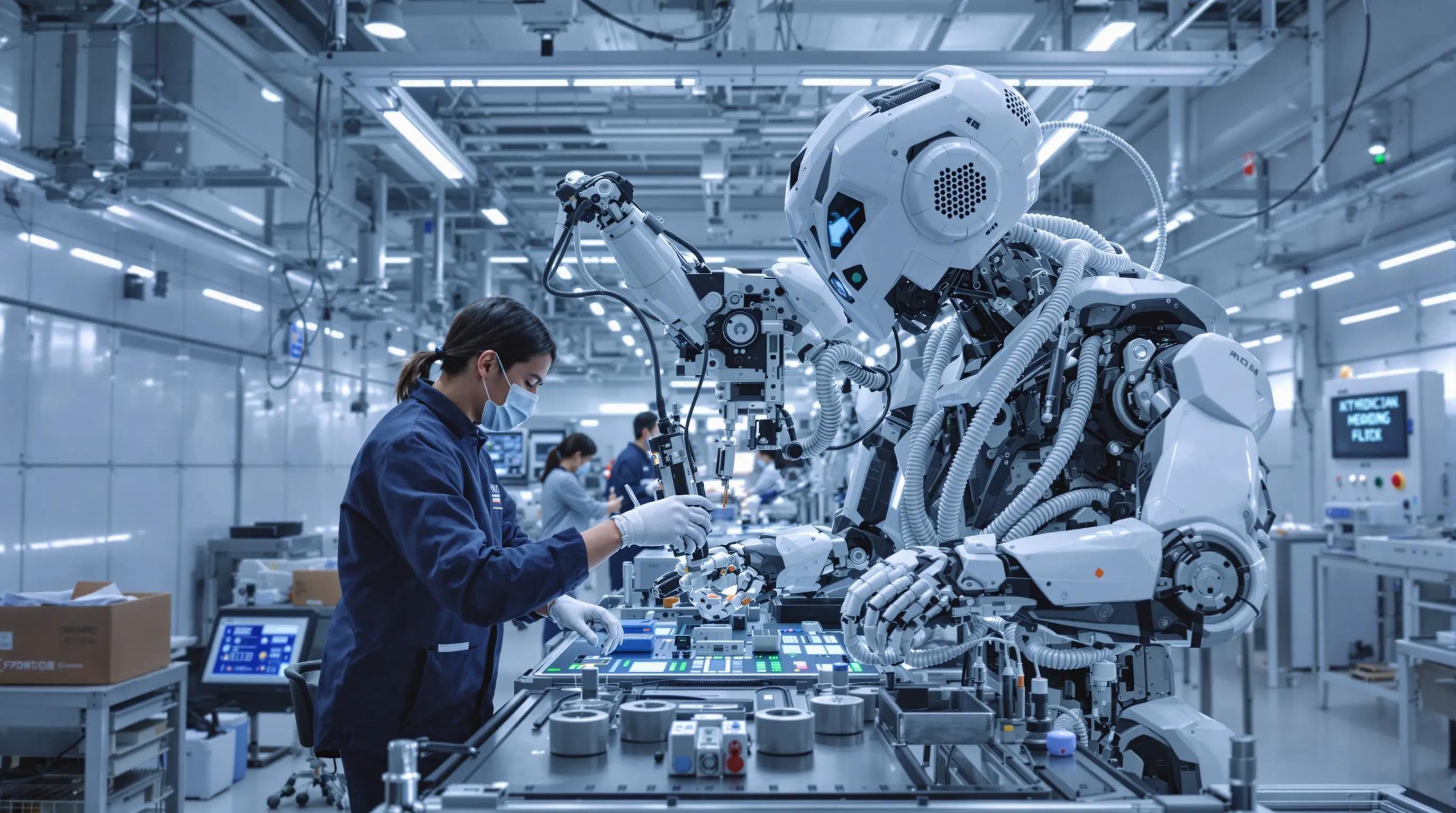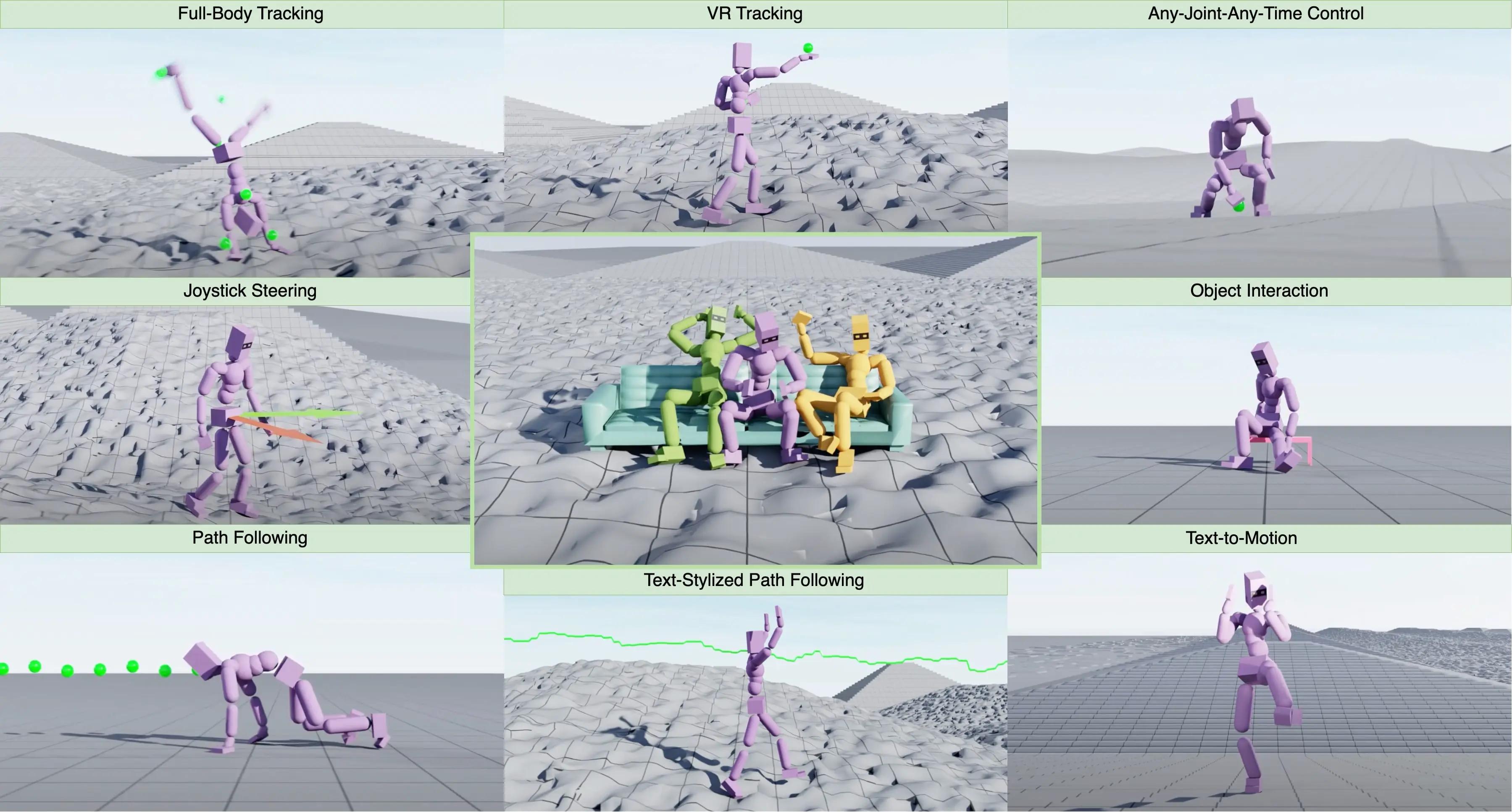November 19, 2024|7 min reading
The Race for Artificial General Intelligence: Superintelligence and Society

Artificial intelligence (AI) continues to captivate industries and spark debates worldwide. The pursuit of artificial general intelligence (AGI)—a level of machine intelligence capable of performing any intellectual task a human can—raises significant questions. What defines intelligence? Is superintelligence desirable or even achievable? These topics were at the heart of a recent debate hosted by La Tribune, featuring prominent experts in AI, mathematics, and ethics.
Defining Superintelligence: A Moving Target
What is Superintelligence?
Superintelligence refers to AI systems that surpass human intelligence across all fields, including reasoning, emotional understanding, and decision-making. However, as noted by mathematician and Fields Medalist Cédric Villani, our understanding of intelligence—particularly consciousness—remains incomplete.
Experts argue that while AI has already achieved superhuman capabilities in specific domains, such as diagnosing diseases and playing chess, replicating the breadth and depth of human intelligence is an entirely different challenge.
Can Superintelligence Emerge from Scaling?
AI models like OpenAI’s GPT-4 demonstrate impressive progress in natural language processing and multitasking. Still, they remain fundamentally limited by their reliance on data and lack of true understanding.
- Proponents’ View: Scaling AI models—adding more parameters and data—may eventually result in emergent properties resembling human cognition.
- Critics’ View: Scaling alone is unlikely to achieve general intelligence. The computational and energy requirements are astronomical, and existing models lack the fundamental architecture to simulate consciousness or emotions.
Aurélie Jean, a doctor in science and entrepreneur, emphasized that current AI models are glorified optimization tools performing linear algebra at scale. She warned against anthropomorphizing these systems or redefining human intelligence to fit AI capabilities.
The Ethical and Environmental Implications of AGI
Energy and Resource Consumption
Villani highlighted the immense energy demands of training advanced AI models, likening the race for AGI to an energy arms race. For example, the vast computational resources required for models like GPT-4 come at significant environmental costs, raising questions about sustainability.
Ethical Concerns
The discussion also touched on:
- Synthetic Data: The increasing reliance on AI-generated data to train models risks creating feedback loops that distort reality.
- Bias and Misrepresentation: Without rigorous oversight, AI may perpetuate biases inherent in its training data.
- Weaponization of AI: Superintelligence could be misused for global dominance, creating unprecedented risks.
Jean Marc Jancovici, a renowned energy expert, pointed out the paradox: “If humanity discovers unlimited and clean energy, history suggests we might misuse it for destructive purposes instead of solving pressing global challenges.”
The Role of AGI in Advancing Human Understanding
Despite skepticism, some experts believe pursuing AGI research could yield valuable insights into human cognition and emotions. By exploring the limits of AI, researchers can better understand what sets human intelligence apart and refine their definitions of consciousness and intuition.
Aurélie Jean noted the potential for interdisciplinary collaboration, involving neuroscientists, linguists, and AI researchers, to uncover deeper truths about human nature.
What Lies Ahead for Superintelligence?
The debate around AGI remains polarized. While companies like OpenAI claim we are on the cusp of significant breakthroughs, others, like Luc Julia, dismiss such claims as marketing hype.
Barriers to Achieving AGI
- The Nature of Intelligence: Without a clear definition of intelligence, it’s impossible to design systems to replicate it.
- Data Limitations: High-quality, diverse data is finite, and synthetic data introduces its own challenges.
- Technological Constraints: Current algorithms and architectures are ill-equipped for achieving true general intelligence.
Is AGI Desirable?
Even if AGI becomes feasible, its desirability is debatable. Critics fear it could exacerbate societal inequalities, consume unsustainable resources, and pose existential risks if misaligned with human values.
Lessons from History: The Kasparov vs. IBM Match
The panel referenced Garry Kasparov's historic chess match against IBM’s Deep Blue. While Deep Blue defeated Kasparov, its success was largely attributed to brute-force calculation rather than true intelligence.
Kasparov himself admitted to being psychologically unsettled by the randomness of the machine’s moves, interpreting them as evidence of human-like strategy. This highlights the danger of anthropomorphizing AI systems, a phenomenon known as the Eliza Effect.
A Collaborative Path Forward
The pursuit of AGI, while fraught with challenges, offers an opportunity to advance interdisciplinary research and deepen our understanding of both machines and humanity. However, as Villani aptly pointed out, we must prioritize solving existing problems—climate change, inequality, and societal polarization—before chasing speculative technological futures.
As the debate continues, one thing is clear: AGI will remain a fascinating yet divisive topic, challenging us to balance innovation with ethics and sustainability.
FAQs
What is artificial general intelligence (AGI)?
AGI refers to a type of AI capable of performing any intellectual task that a human can, encompassing reasoning, creativity, and emotional understanding.
Can current AI models achieve AGI?
Most experts agree that current models lack the architecture to replicate general intelligence and require significant breakthroughs in data, energy efficiency, and design.
What are the risks of pursuing AGI?
Potential risks include energy overconsumption, bias perpetuation, misuse for global dominance, and societal disruptions.
How does AGI differ from superintelligence?
AGI aims to match human intelligence, while superintelligence surpasses it across all domains.
Why is the Kasparov vs. IBM match significant?
Kasparov’s loss to Deep Blue exemplifies how humans can misinterpret machine randomness as strategic intelligence, underscoring the Eliza Effect.
What steps can researchers take to advance AGI responsibly?
Collaboration across disciplines, ethical oversight, and a focus on addressing current societal challenges are critical for responsible AGI development.
Explore more

Sora Video Generation Launch: Revolutionizing Creative AI
Discover the groundbreaking Sora video product launch, redefining AI-powered creative tools for global users.

NVIDIA and Japan: Driving the AI Revolution in Industry
Explore NVIDIA's role in Japan’s AI revolution, from AI agents to robotics, reshaping industries and powering innovation...

NVIDIA's MaskedMimic: Revolutionizing Physics-Based Character Control
Discover NVIDIA's revolutionary MaskedMimic system for physics-based character control, enabling seamless full-body moti...
